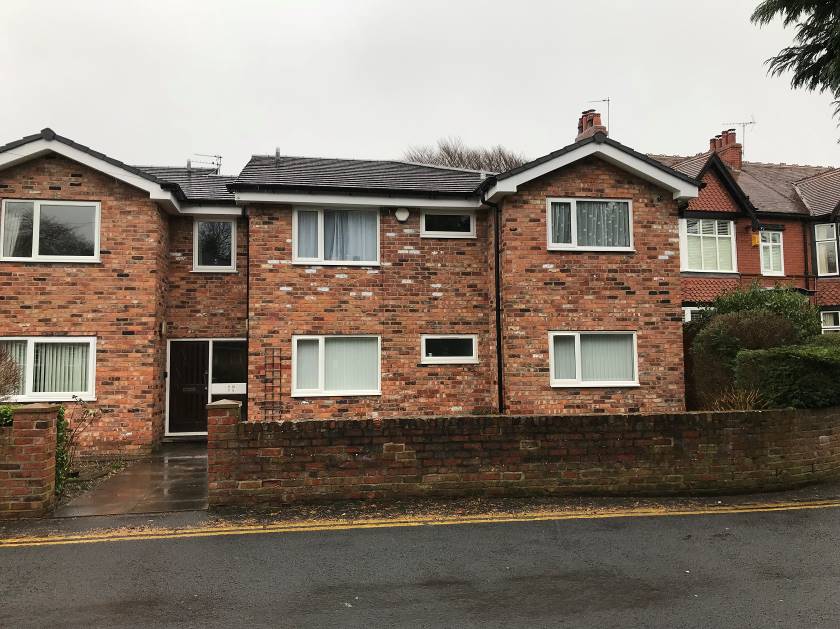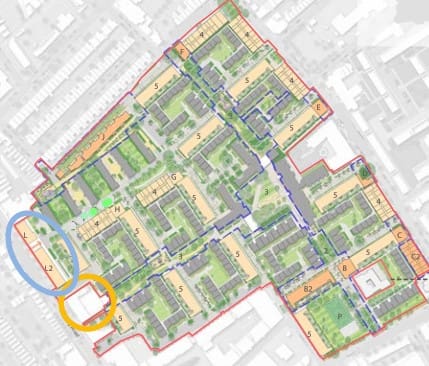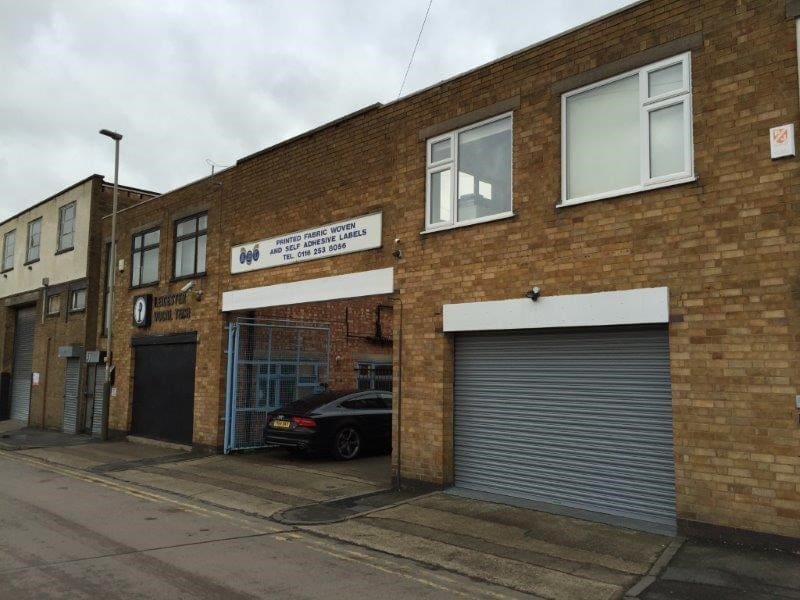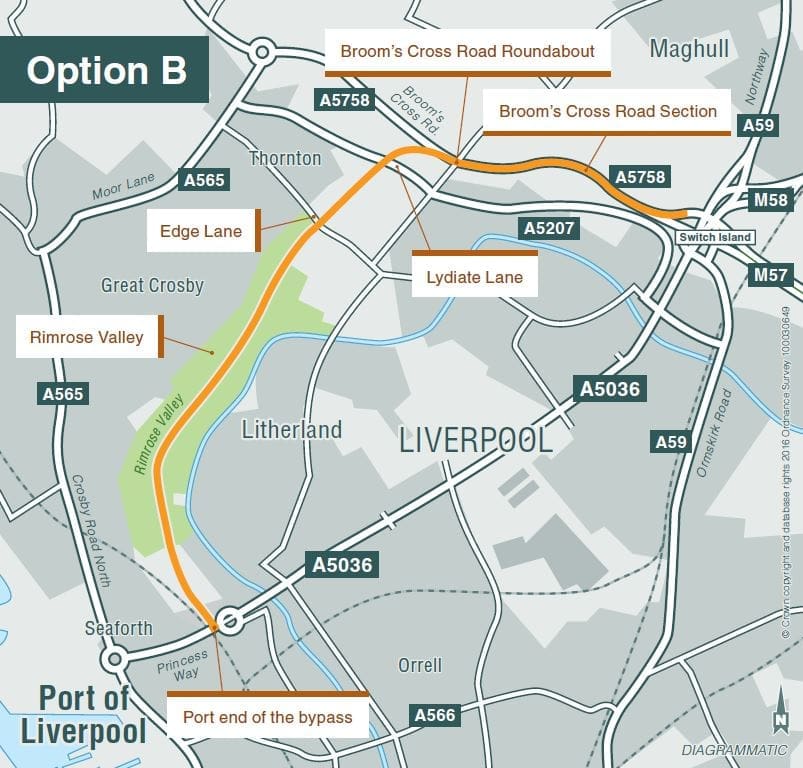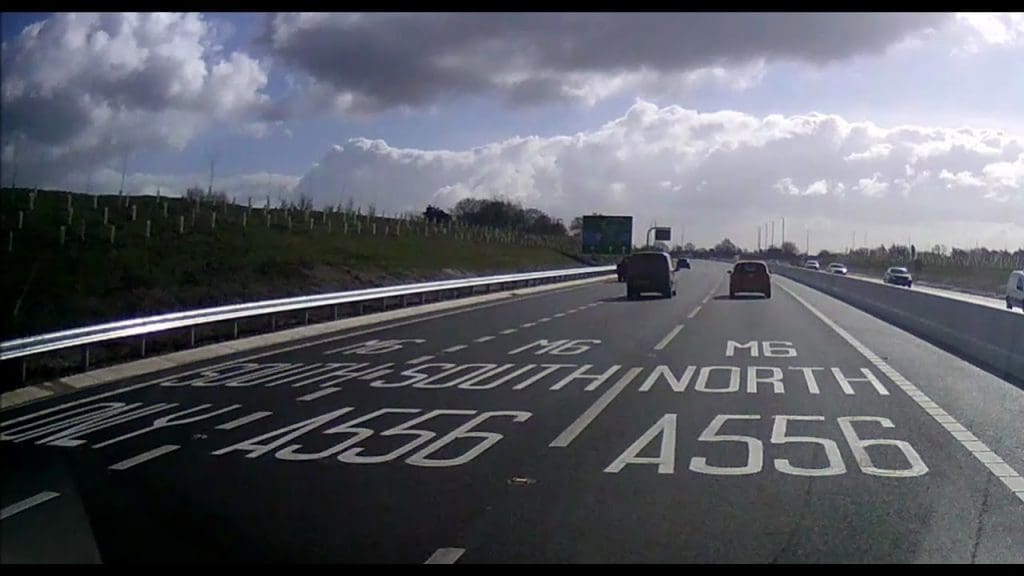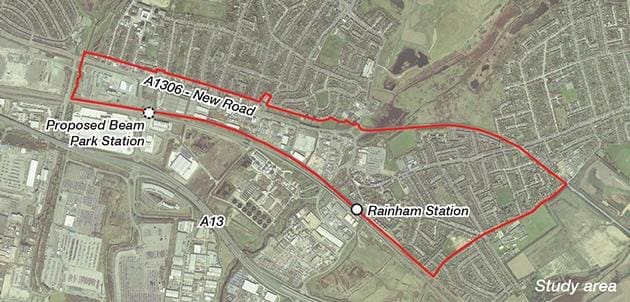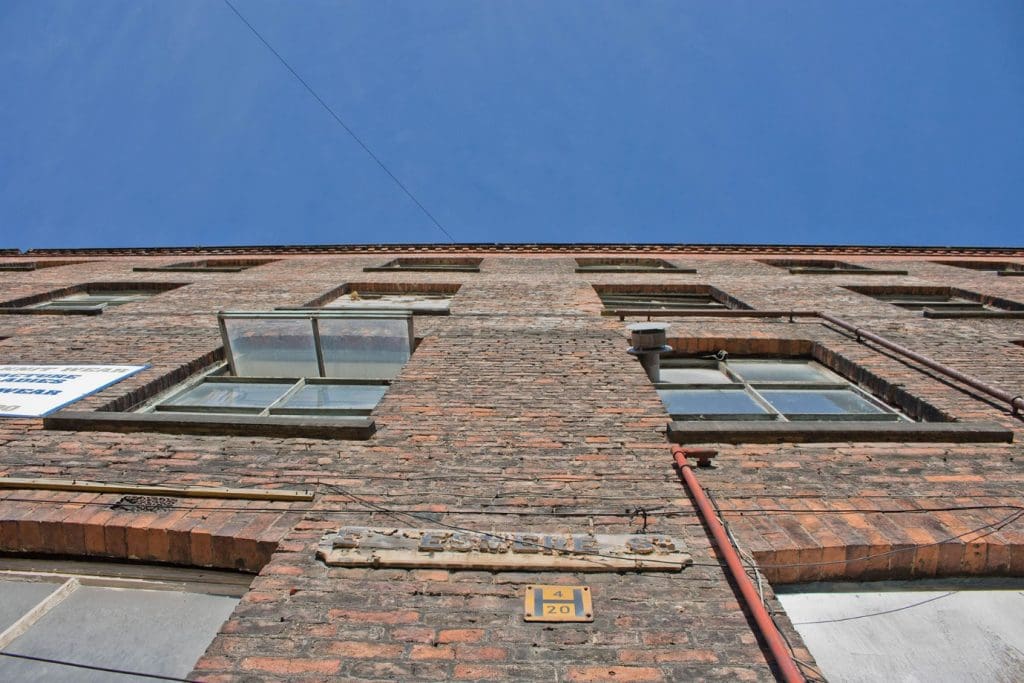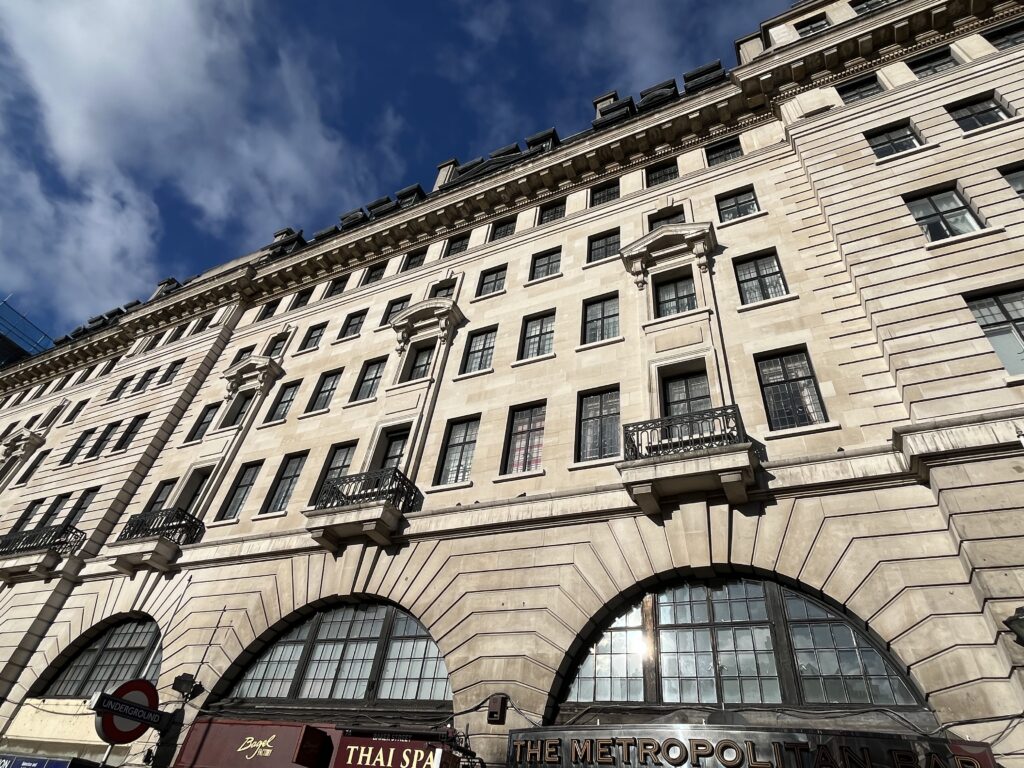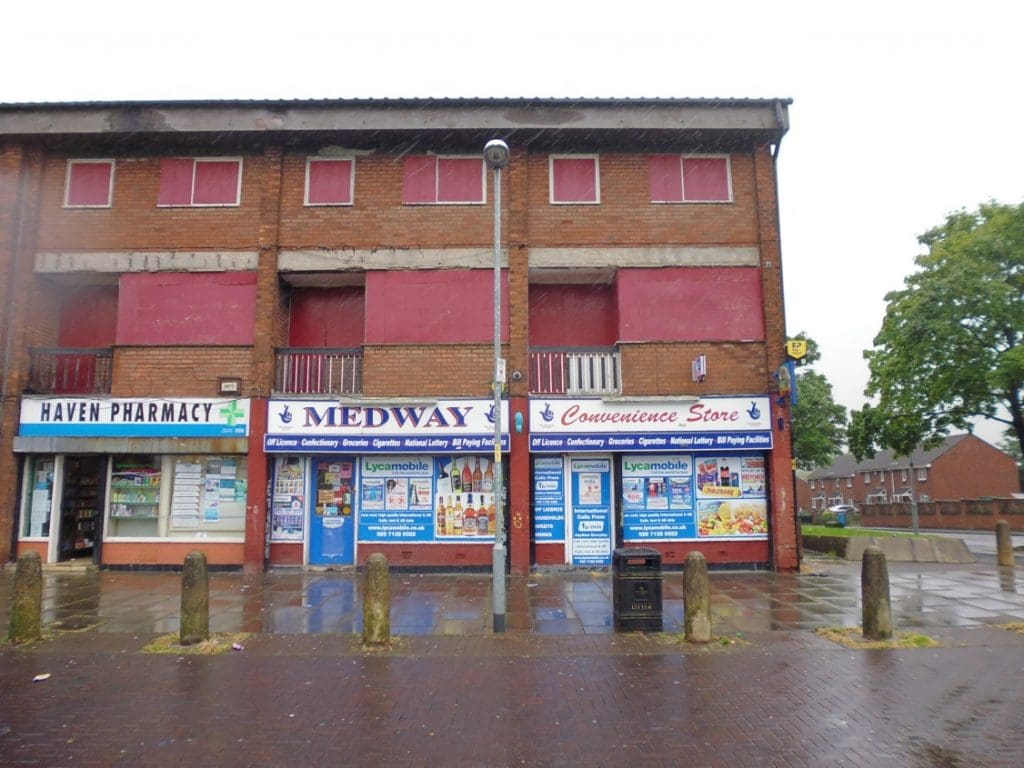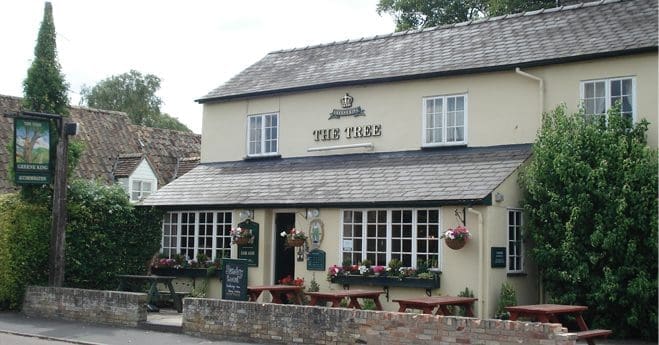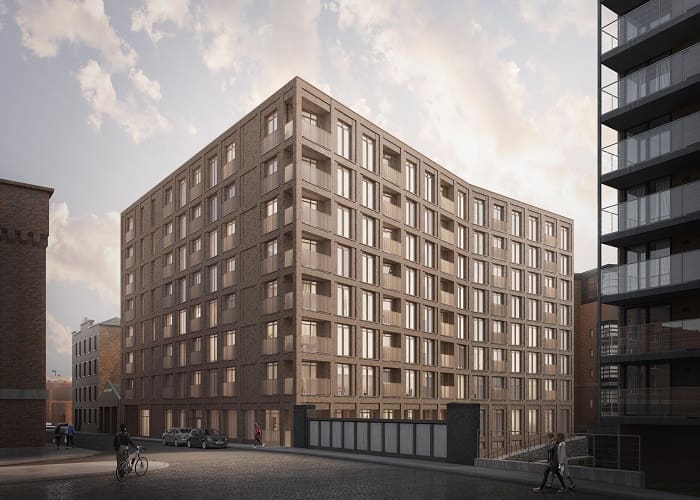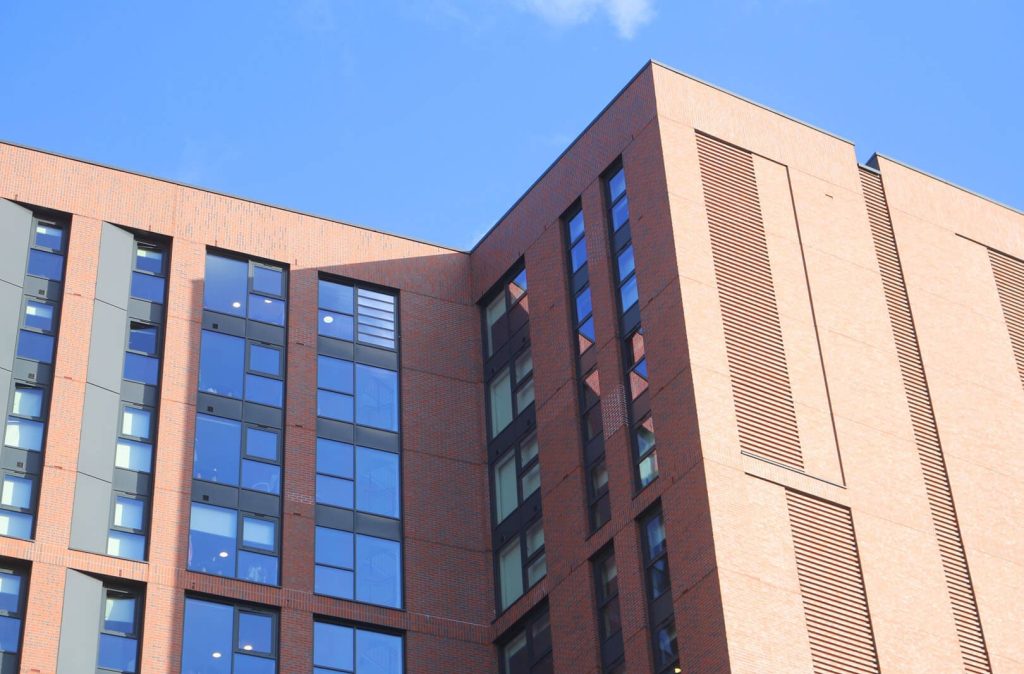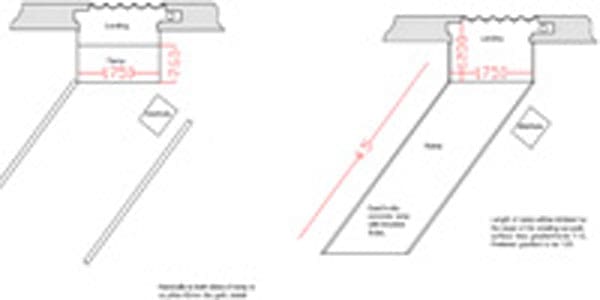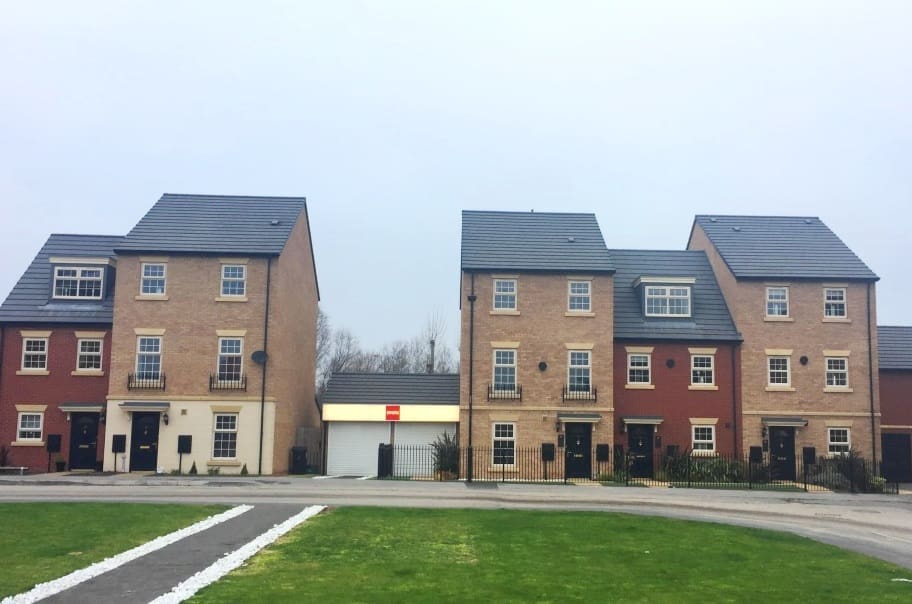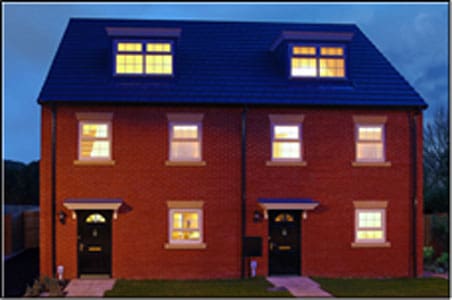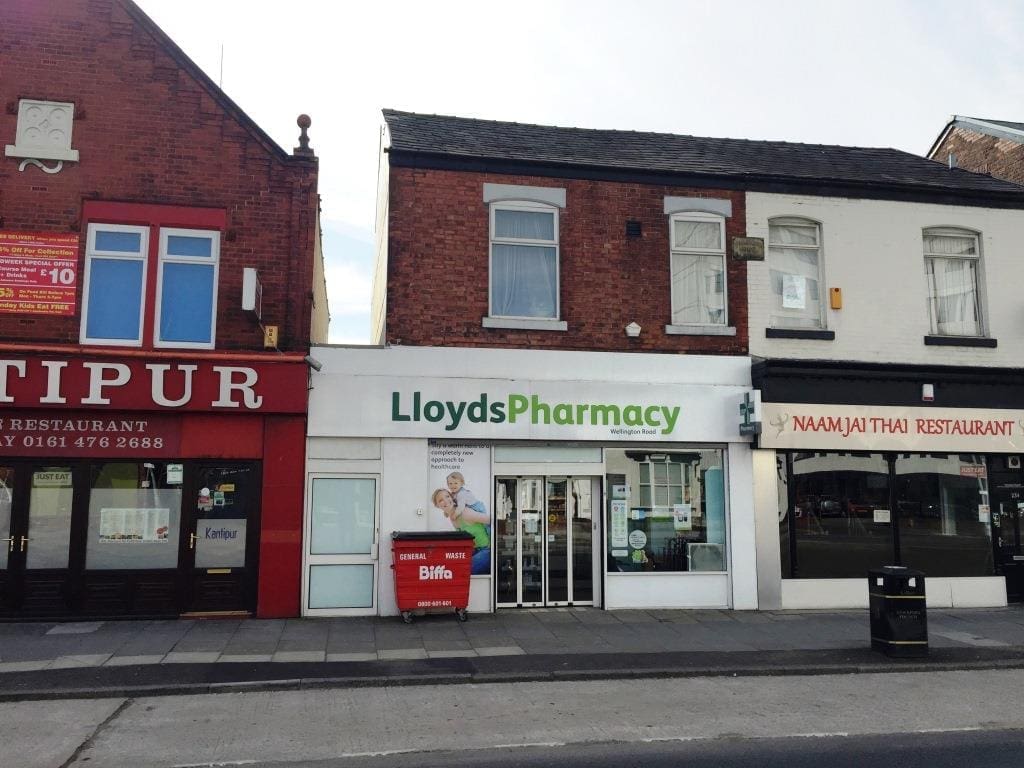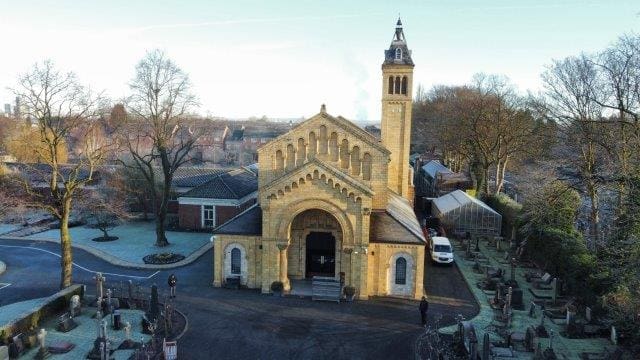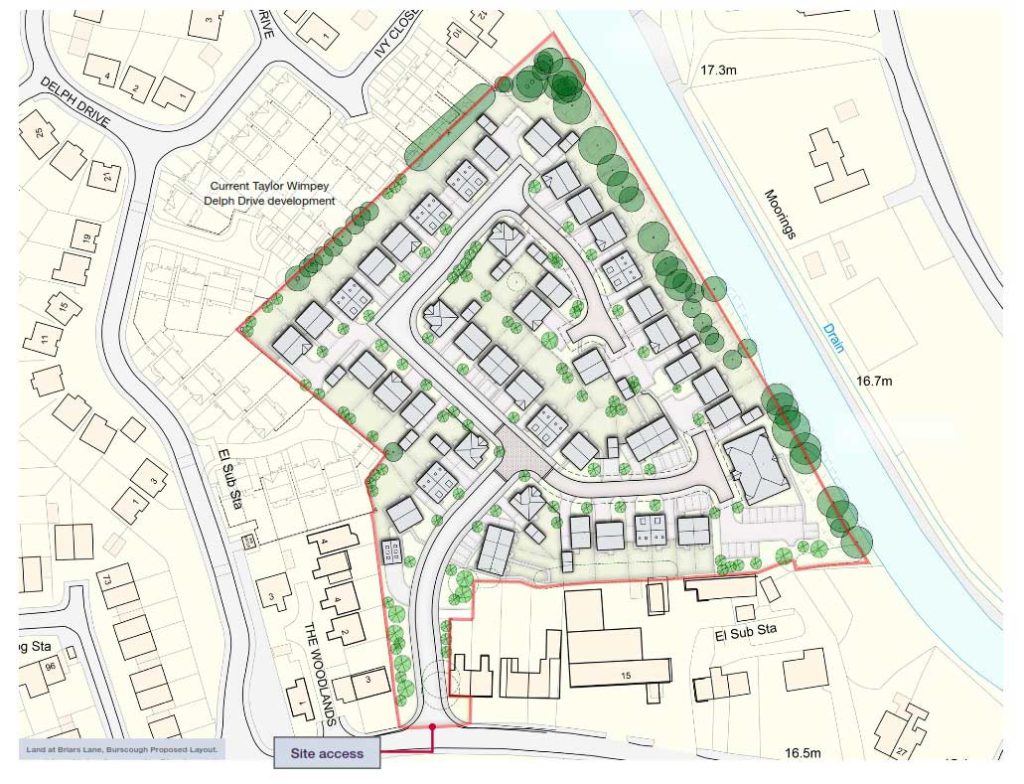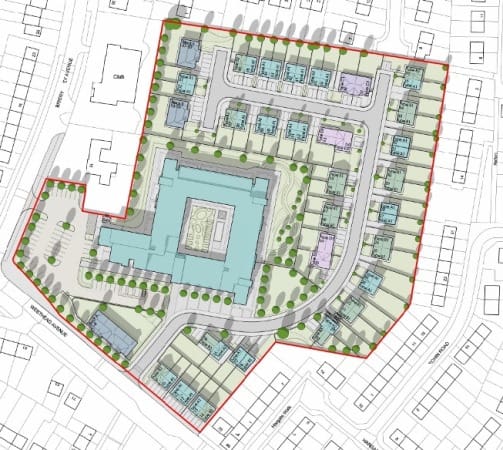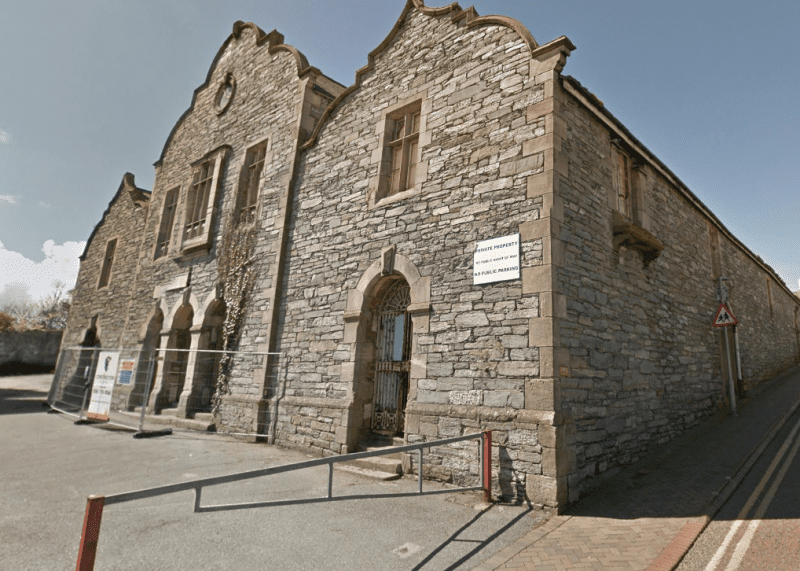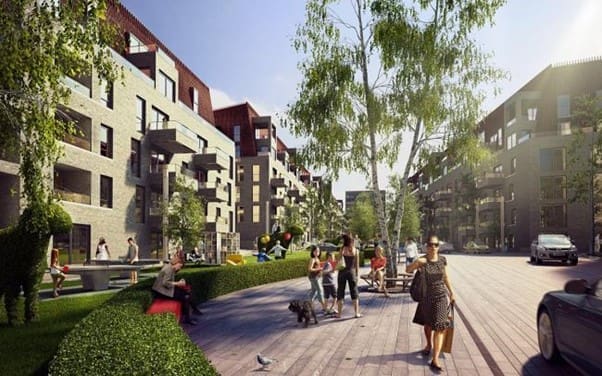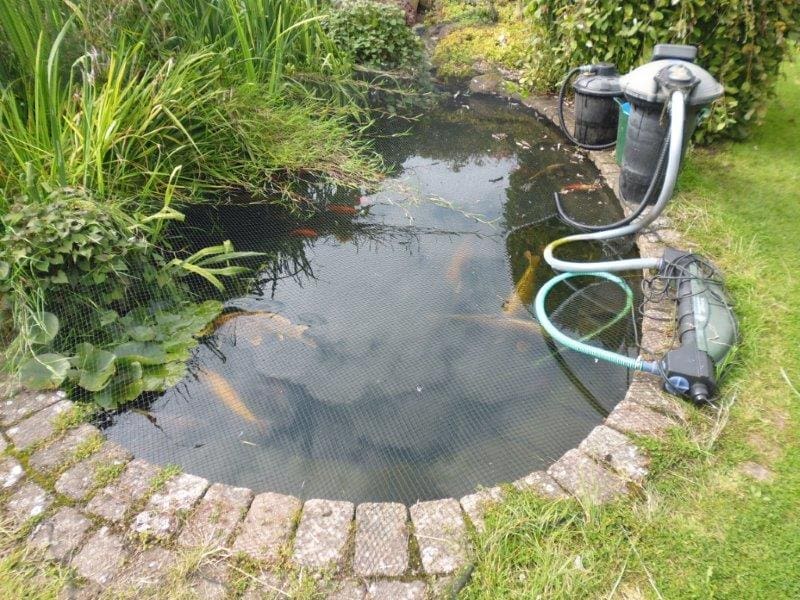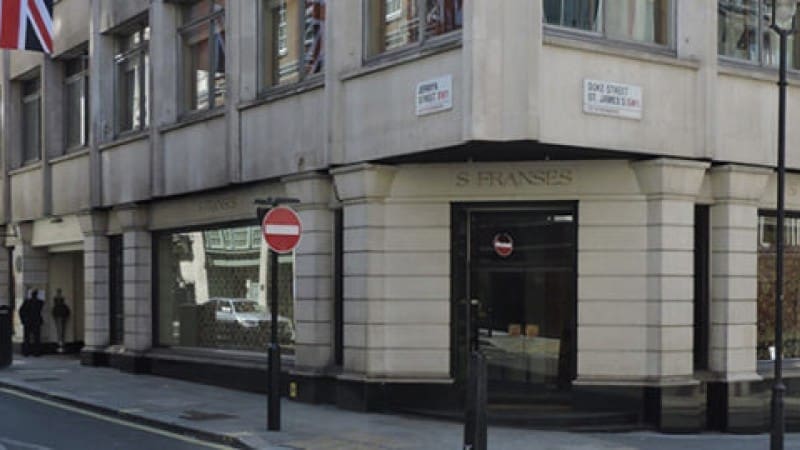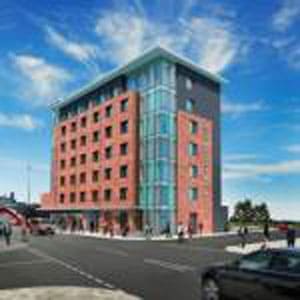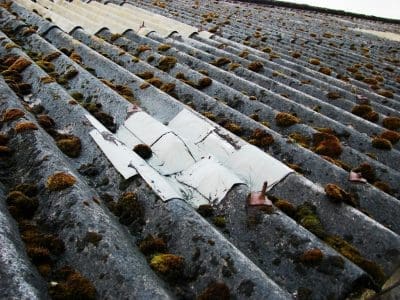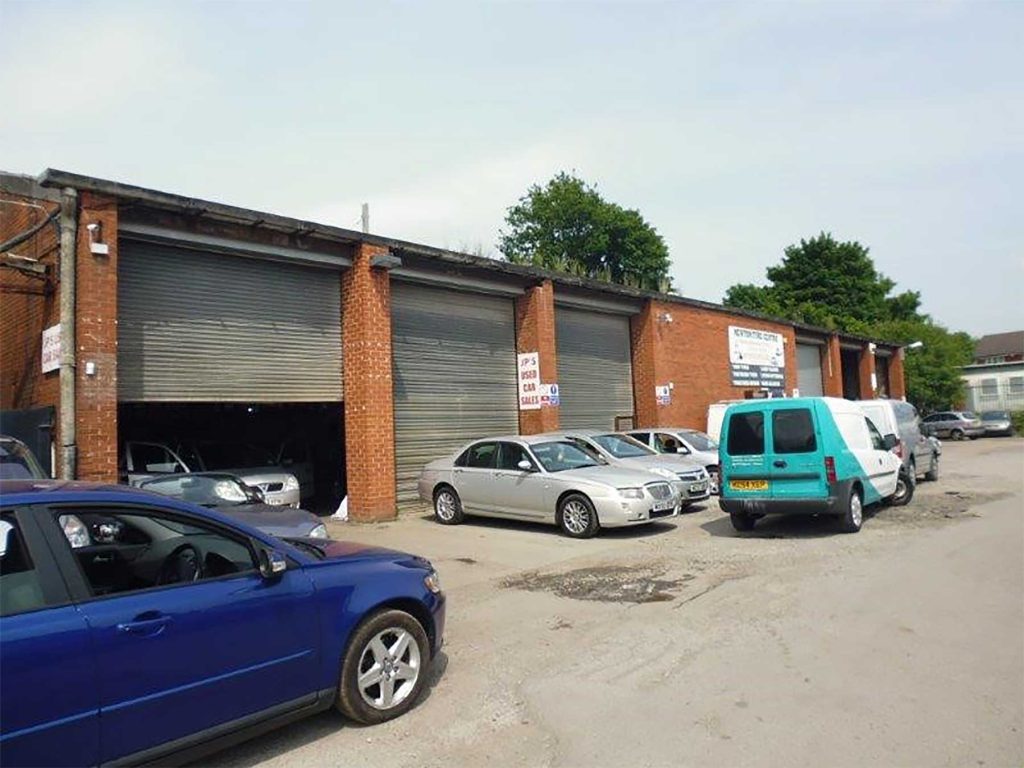Business Rates
A £0.00 VALUE FOR UNECONOMIC WORKS OF REPAIR
The Upper Tribunal (Lands Chamber) has determined a property in Tunbridge Wells, which forms part of a redevelopment site, should have its Rateable Value reduced to £0 because the landlord would not consider it economic repair the property given the uncertainty of rental the income. This decision is significant because it is the first from the Upper Tribunal on the issue of “state of repair” since the judgment of the Court of Appeal in Newbigin (VO) v SJ & J Monk.
The property formed part of a redevelopment site. Other properties on the site were hoarded off, but the appeal property remained outside the hoardings. The property had been vandalised and, this had exposed brown asbestos. The Valuation Tribunal determined that the assessment of the property should reduce the Rateable Value to £0 because the presence of exposed brown asbestos rendered it incapable of beneficial occupation.
The Valuation Officer appealed against that decision and contended that the works required to the property were works of repair; that the cost of those repairs was reasonable in relation to the value of the property and that the property therefore had to be valued in an assumed “reasonable state of repair”.
In its decision the Upper Tribunal determined the questions to be answered were those set out by the Court of
Appeal in Newbigin which were:
1. was the property in repair?
2. If the property was not in repair, were the works required to make it capable of occupation works of repair?
3. If the works were works of repair, were the ones that a reasonable landlord would consider economic?
The evidence was that the property was not in repair, and the Upper Tribunal decided that the works required to make it capable of occupation did fall within the definition of repair. However, the Tribunal determined that a reasonable landlord would not consider the cost of the works, which were equivalent to about two times the rental value of the property in a reasonable state of repair, to be economic, because the prospect of redevelopment would mean that a hypothetical landlord would not be confident the cost of the repairs would yield much, if any profit. Because the works of repair were ones that a reasonable landlord would not consider economic, the property fell to be valued in its actual condition, rather than in an assumed reasonable state of repair and, in its actual condition, its value was nil.
To understand the range of comprehensive services that Roger Hannah & Co provide, visit our website. Should you have any queries regarding commercial property, feel free to call our specialist team.






